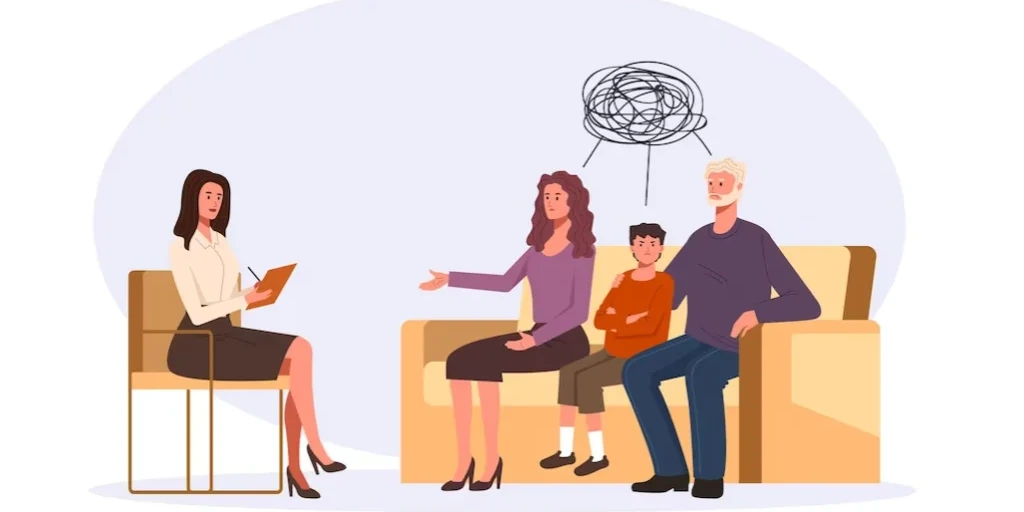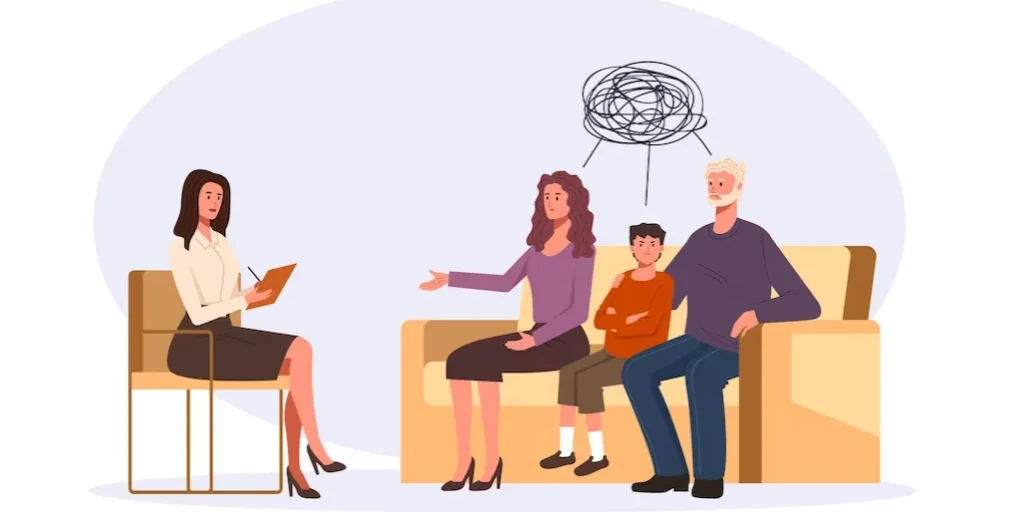24/7 Helpline:
(866) 899-221924/7 Helpline:
(866) 899-2219
Learn more about Dual Diagnosis Rehab centers in Allen County
Dual Diagnosis Rehab in Other Counties

Other Insurance Options

WellPoint

Carleon

Highmark

Evernorth

Optum

Sliding scale payment assistance

Choice Care Network

Meritain

Anthem

Health Net

CareSource

Amerigroup
Beacon

Coventry Health Care

Optima

Providence

United Health Care

Magellan

Health Partners

PHCS Network

Time Out Community Counseling and Correctional Services
Time Out Community Counseling and Correctional Services offers outpatient treatment for individuals ...

LifeSkills Service Center – Allen County
LifeSkills Service Center – Allen County is a private rehab located in Scottsville, Kentucky. LifeSk...

More to Life Counseling
More to Life Counseling offers faith-based and evidence-based counseling services for individuals, f...
































































